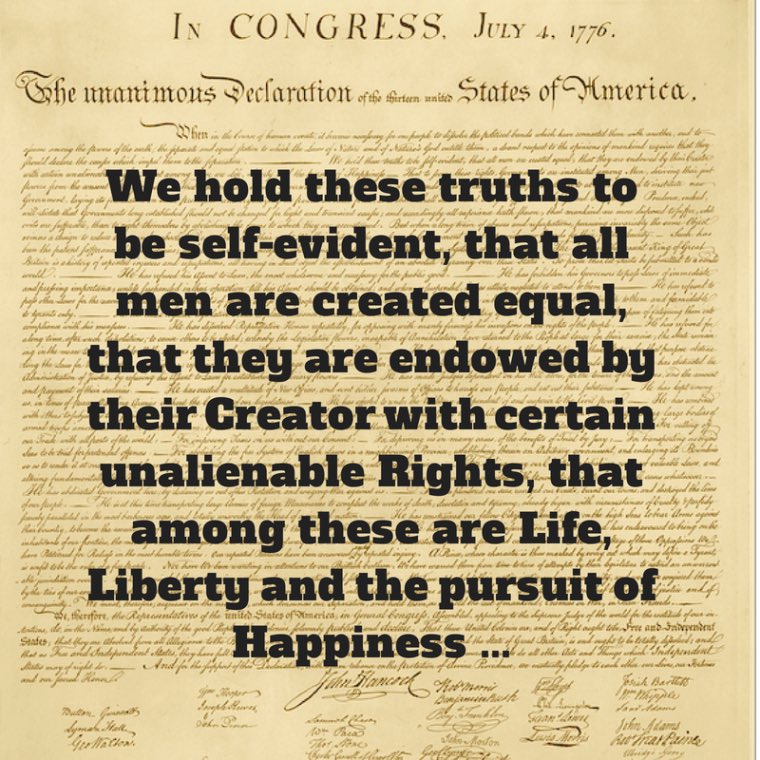I have been practicing as a Texas Contract Attorney, for over 27 years and counting. I am also a history aficionado, of sorts. In an attempt to write a more interesting blog than a regurgitation of contract law principles, my focus here is on the legal mentality behind the jurisprudence. I have some shocking revelations for those who are still paying attention.
1. The typical legal mindset of Contract Attorneys is exceedingly narrow which explains Thomas Jefferson’s attitude toward enslaved people.
Law school is a grueling experience no matter how you look at it. The time investment is enormous which has an exhaustive effect on students and their loved ones. However, and overlooked, is the myopic perspective which must be cultivated to survive, particularly in the area of contract law. An accomplished Texas Contract Attorney is well aware of this.
In the study of contracts, students are taught to be economic in their phraseology and to concentrate on identifying specific “defined terms”. For example, the word “Property” in a contract is correlated with a specific interest such as real estate or other collateral. If the contract is for the sale of a residential home, every time you see the word “Property” with a capital “P”, it means the address of the specific home at issue, not the family car or dog (which is considered property in Texas!).
The birthing process of a Texas Contract Attorney can be arduous as the educational system focuses on myopic or restrictive thinking. As above, we are taught to concentrate on specific defined terms and nothing else. For many lawyers, this constant drilling leads to the demise of their creative abilities which is most unfortunate as it detrimentally affects their ability to practice law from an innovative standpoint. It also may critically destroy their sense of morality and what is right.
Now, where does Thomas Jefferson, the most brilliant mind of the 18th Century and author of the Declaration of Independence come in. It has to do with the oft criticism as to how such a brilliant visionary could articulate that all “Men are created equal” and exclude the enslaved people at the time. Historians who are invariably NOT lawyers, are mystified and roundly criticize Jefferson for his shortcoming. They are wrong, in my opinion. Although this does not justify Jefferson’s racist views, it makes his mindset explicable.
The simple explanation is that Jefferson was a lawyer with extensive background in contracts. To him, the “Men” in “all Men are created equal” was a defined term. “Men” at the time excluded women, of course, and – in particular – “property”. However horrific it may sound from a contemporary standpoint, enslaved people at the time were deemed property in the same vein as a horse or plow. I know it is offensive to even state this, but property law in the 18th and 19th centuries (through the passage of the 13th Amendment) was crystal clear – enslaved people fell under that definition. Creditors were allowed to buy and sell enslaved people and even use them as collateral to finance the acquisition as we would a modern-day car. Anyone with Westlaw or Lexis can access case after reported case which recites this principle. Again, this is a racist abomination, but a byproduct of skewed and myopic legal training and thinking.
Consequently, I believe it is unfair to roundly criticize Jefferson for his inability to escape the legal assumptions of his time and, in particular, the restrictive neuronal effect of being a lawyer. However, as discussed, below, it is fair game to criticize Jefferson for failing to break out of his lawyer mold. Although he grappled with absolutes like “Liberty”, his conception was exceedingly skewed by myopic and reductionist thinking.
2. Lawyers are taught not to think in absolutes.
A Texas Contract Attorney as stated above is taught to focus on an exceedingly narrow radius. Such a predisposition eschews universal concepts (absolutes) and is reductionist in orientation. What this means is that lawyers are taught to parse out an idea into as many subparts as possible as illustrated by almost any contract. The old adage is true – “lose sight of the forest for the trees”.
This brings us to the curious case of Abraham Lincoln and the emancipation question. Although he is rightly viewed as taking actions which led to the end of slavery, his views on the subject were interesting and, to a large extent, inexplicable – for non-lawyers, that is.
In the interest of avoiding shock, I will simply state that passage after passage of Lincoln quotes make clear that he viewed whites and “negroes” (the term at the time) as being irreconcilable based on racial distinctions. His observations focus on physical differences and other disparate traits. Most people are totally unaware that Lincoln advocated relocating all formerly enslaved people to Africa or Panama. Like Jefferson, he was unconvinced that whites and former enslaved people could ever live together in harmony.
So, how do we reconcile Lincoln’s seemingly steadfast opposition to slavery, the onslaught of the Civil War, and the great Emancipation Proclamation with the above racist views? Simple, he was a 19th Century attorney.
Review of the many biographies of Lincoln makes clear that he was genuinely opposed to slavery which he deemed abhorrent. That said, he maintained until the issuance of the Emancipation Proclamation that slavery could be preserved where it was originally located but not expanded to new territories. He also viewed the Constitution as prohibiting the express denial of state governments to make their own determination on the slavery question.
Lincoln ardently stated and believed that Jefferson’s pronouncement that “All Men are created equal” applied to people of color. He would often state that all human beings who engage in labor should be permitted to share in the bounty of their production and thus recognized the enormous contribution that enslaved people at the time made to the property of others.
The curious question is how could Lincoln harbor such racist views, advocate for relocation of all enslaved people outside the United States, and still maintain that they were entitled to be considered as “Men” for purposes of Jefferson’s famous quote?
Simple answer again. Jefferson was a lawyer with a major focus on Contract Law. He was able to parse out an artificial definition of liberty rights for enslaved people under the defined term “Men”. Although he viewed enslaved people as entitled to liberty rights in the Constitution, he created a subclassification of a lesser order that allowed this group to be transported somewhere else based on racial criteria. This would be akin to a Contract Attorney creating sub-terms of a particular defined term, for example, “Intellectual Property” meaning software and hardware. Both are IP, but different classifications. As weird as this may seem, I believe Lincoln was able to entertain enslaved people as being an inferior race (which – of course is a total racist lie and false), but still entitled to liberty rights as they were “Men”.
The above rationale sounded hollow to abolitionists at the time, and still does. However, given the myopic and reductionist perspective of lawyers and particularly Contract Lawyers at the time, it is explicable.
Interestingly, Lincoln was still advocating the relocation of all formerly enslaved people at the end of the Civil War and up to his assassination. This raises interesting questions and speculation as to what Lincoln’s reconstruction policy would have been had he survived.
Bottom Line:
Contract Lawyers live in a different realm where basic concepts can be split into infinite parts. Very sad – but true. This is also exceedingly dangerous for society.
Although our education militates against absolute views, such can lead to erroneous and immoral conclusions as in the case of Jefferson and Lincoln.
The damage wrought by the legal educational process can often divorce attorneys from an overriding sense of morality. Talk about losing the forest for the trees, lawyers can empower clients who cause great harm. Although we are taught to be “hired guns”, I believe we should use our skills to pursue moral goals. As an example, many firms will not take certain clients based on moral grounds notwithstanding the pecuniary awards. I applaud this behavior and do my best to emulate it, although I certainly do not claim to be a perfect specimen.
I would also point out that the above commentary about Jefferson and Lincoln does NOT suggest that it was wrong to criticize them at the time for being incorrect or hypocrites. Non-lawyers during the time of Jefferson and Lincoln were ardent in their rightful criticism given their humanistic perspective.
The operative question is whether Jefferson or Lincoln should be condemned for failing to rise above the impediments caused by their legal education and profession. In my opinion, this is the only valid criticism that can be leveled against them.
And that applies to all attorneys.


